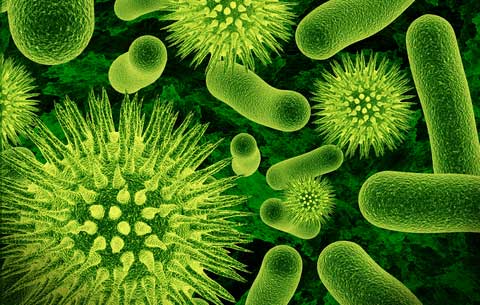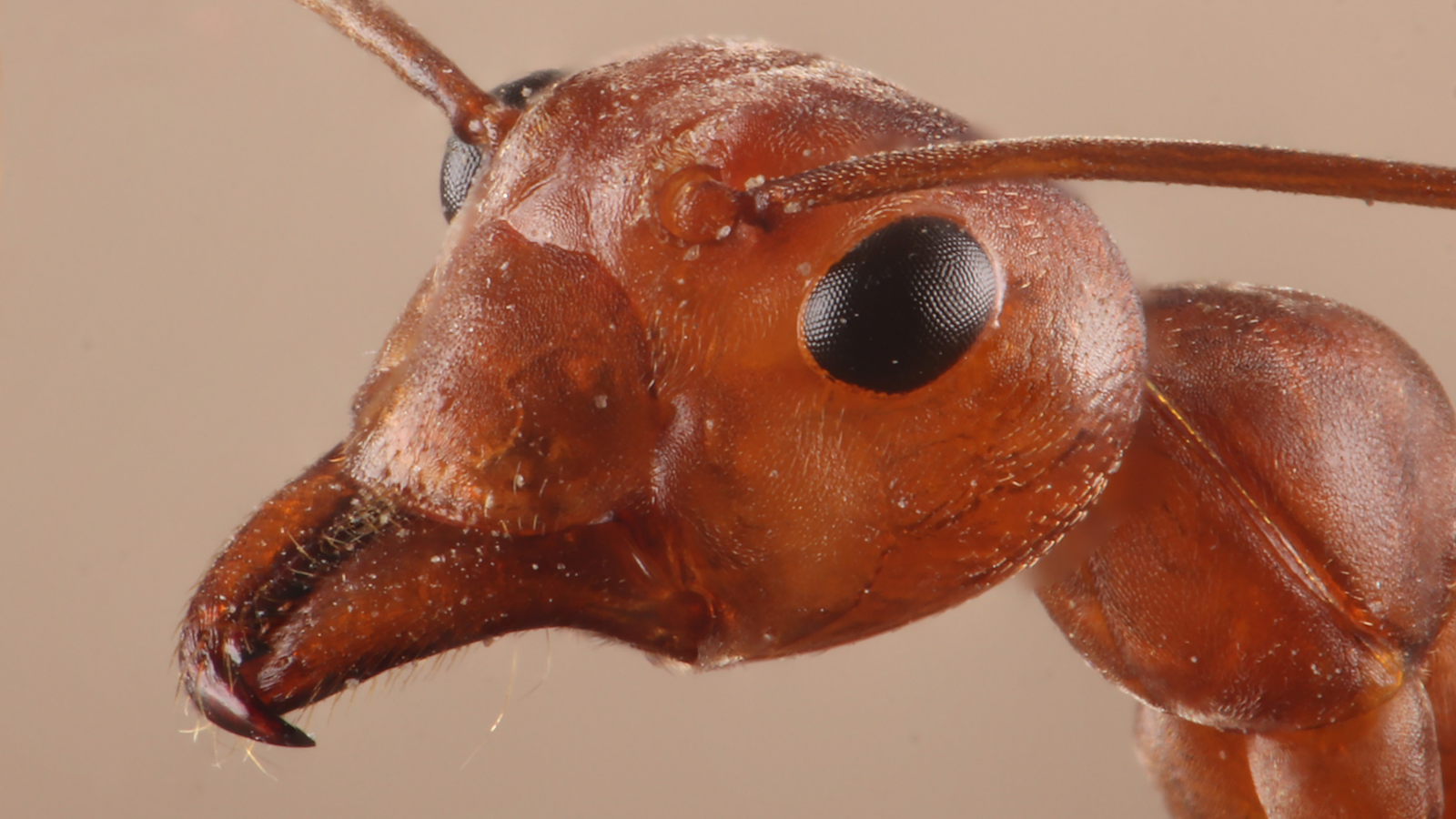Acne Bacteria May Infect the Brain and Body

The bacteria that live on the skin and contribute to acne may also cause infections after surgery, including infections in the brain, researchers say.
The microbes may even spur some cells to become cancerous, said Peter Lambert, a professor of microbiology at Aston University in Birmingham, England.
While the bacterium is generally considered harmless, more attention should be paid to its role as a potential pathogen, he told MyHealthNewsDaily.
"Generally, we tend to disregard this organism, because we think it's a harmless organism. So if we see it, we don’t report it," Lambert said. "We should take more notice of this and say it could be causing infection."
However, evidence for the link between the bacteria, known as P. acnes, and disease is just emerging, Lambert said. More studies are needed to confirm it is indeed the culprit, he said. Lambert spoke about the link Jan. 12 at the Society for Applied Microbiology Winter Meeting, in London.
An under-recognized pathogen
Propionibacterium acnes, or P. acnes, live in hair follicles — the tiny pores in our skin from which hairs sprout. When these pores become blocked, the bacteria can multiply and contribute to the inflammation we call acne.
Sign up for the Live Science daily newsletter now
Get the world’s most fascinating discoveries delivered straight to your inbox.
But the bacteria can also cause inflammation inside our tissues, leading to tissue damage, Lambert said.
Typically, when P. acnes shows up in an infection within the body, most physicians assume it's just a contaminant — that it was transferred from the skin to the inside of the body, perhaps during a medical procedure, but was not actually causing a disease.
"We're recognizing more recently that, in fact, there are distinct clinical syndromes that are associated with infections with P. acnes as an actual pathogen and not simply a contaminant," said Christopher Vinnard, an infectious-disease researcher at the University of Pennsylvania School of Medicine.
For example, some studies, including a case report published by Vinnard and his colleagues, have linked the bacteria to the formation of brain abscesses after neurosurgery.
In Vinnard's report, a patient developed a brain abscess 10 years after surgery. Biopsies from the abscess showed only one type of bacteria present: P. acnes.
While it's difficult to say whether P. acnes caused the abscess, one clue was that the patient's condition improved once he was given antibiotics against the bacteria, Vinnard said.
Vinnard and his colleagues almost missed the bug altogether. The bacteria take a long time to grow, and the researchers were about to throw out the culture plates when P. acnes finally reared its head.
Infections with P. acnes may be under-recognized, Vinnard said, because after doing a biopsy, researchers may get rid of their cultures before these bacteria have a chance to grow, or because researchers use the wrong culture media.
A number of studies have also found P. acnes growing on implanted medical devices, including artificial knee, hip and elbow joints, Lambert said. About 750,000 of these artificial joints are placed into patients each year in the United States, and in about 1 percent of cases, patients develop an infection, he said.
One study, published in 1998, found that about 70 percent of artificial joints have P. acnes growing on them, Lambert said.
"It certainly should be on the list of organisms when a physician is thinking of the potential cause of these particular kinds" of cases, Vinnard said.
Role in cancer
Several recent studies suggest the bug may increase the risk of prostate cancer. The bacteria have been found growing inside cells of the prostate gland, Lambert said. It is thought this growth may prompt inflammation inside the cells, which in turn might spur the cells to become cancerous.
One study, published this month in the International Journal of Medical Microbiology, found the bacteria growing in 58 out of 71 samples of prostate cancer tissue, but in none of the 20 samples of healthy prostate tissue. Exposure to P. acnes for long periods altered the way the cells divided , the researchers said.
However, much more research is needed to confirm the cancer link, Lambert said.
The good news is that if P. acnes does contribute to infections or even cancer, treatment with antibiotics may help reduce the severity of these conditions, Lambert said.
Pass it on: The bacteria that contribute to acne can cause other infections and may even be linked to cancer.
- 7 Weirdest Medical Conditions
- Too Much Vitamin B12 Linked to Acne
- 10 Dos and Don'ts to Reduce Your Risk of Cancer
Follow MyHealthNewsDaily staff writer Rachael Rettner on Twitter @Rachael_MHND.

Rachael is a Live Science contributor, and was a former channel editor and senior writer for Live Science between 2010 and 2022. She has a master's degree in journalism from New York University's Science, Health and Environmental Reporting Program. She also holds a B.S. in molecular biology and an M.S. in biology from the University of California, San Diego. Her work has appeared in Scienceline, The Washington Post and Scientific American.










